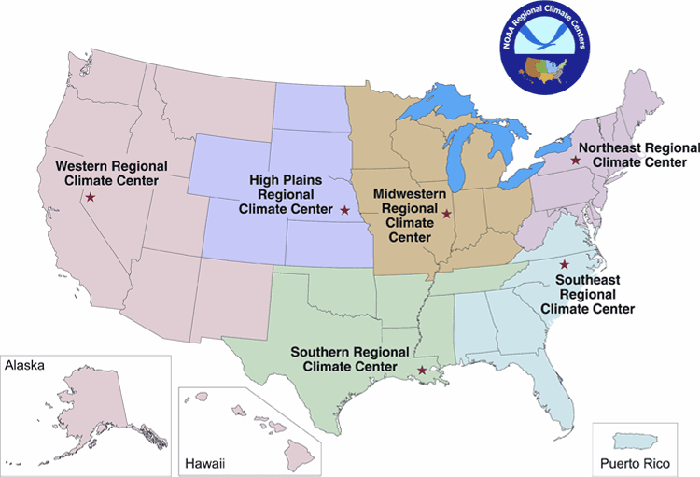Index
- Alaska Climate Divisions FAQs
- Anomalies vs. Temperature
- Arctic Sea Ice Measurements
- Billion-Dollar Disasters: Calculating the Costs
- Binomial Filter
- Climate Division Dataset Transition
- Climate Extremes Index
- CLIMAT Messages
- Climatological Rankings
- Coral Reef Bleaching
- Dead Fuel Moisture
- Definition of Drought
- Drought Indicators
- Drought in the Colorado River Basin
- Drought vs. Aridity
- El Niño: A Historical Perspective
- Explanation of the 500 mb Flow
- Future Drought
- Global Precipitation Percentile Maps
- Global Regions Definitions
- Global Temperature Anomaly Percentile Maps
- Global Temperature Uncertainty
- Groundwater Drought Indicators
- Hawaiʻi Climate Divisions FAQs
- LOESS
- Measuring Drought
- Monthly Releases
- Monthly Report RSS Feed
- National Data Flow
- nClimDiv Maximum and Minimum Temperatures
- Palmer Drought Index
- Potential Evapotranspiration
- Reforestation of Bastrop Lost Pines
- Regional Climate Centers
- Regional Snowfall Index (RSI)
- Satellite-Based Drought Indicators
- Soil Moisture Water Balance Models
- Southern Hemisphere Snow Cover Extent
- Standardized Precipitation Index
- Streamflow Drought Indicators
- Subtropical Highs
- Tornado Count
- U.S. Climate Divisions
- U.S. Climate Normals
- U.S. Drought Monitor Scale
- USHCN Version 2.5 Transition
- Water Supply vs. Water Demand
Regional Climate Centers
The regional sections of the U.S. State of the Climate report are written by NOAA's Regional Climate Centers (RCCs). These monthly updates provide the report with detail and relevance that would not be possible without the RCCs regional expertise and perspective. RCCs partner with NCEI, the National Weather Service, the American Association of State Climatologists, and NOAA Research Institutes to collectively deliver and improve climate services at the national, regional, and state level.
How RCCs support NOAA's climate services:
-
Regional expertise for many climate monitoring and assessment activities
- United States Drought Monitor (USDM)
- National Integrated Drought Information System (NIDIS)
- United States Forest Service (USFS) National Fire Assessments
-
Staying abreast of climate science
- National Academy of Science Panels
- American Meteorological Society Committees
- World Meteorological Organization (WMO) Workgroups
- Understanding regional implications of a changing climate
- Assessing and understanding climate extremes
-
Understanding and better managing climate data and observing systems
- National Data Stewardship Team
- Climate Reference Network (CRN) site surveys
- Datzilla
- WxCoder3
- Applied Climate Information System (ACIS)
- Working with partners, large and small, to improve climate services
 NOAA's National Centers for Environmental Information
NOAA's National Centers for Environmental Information

